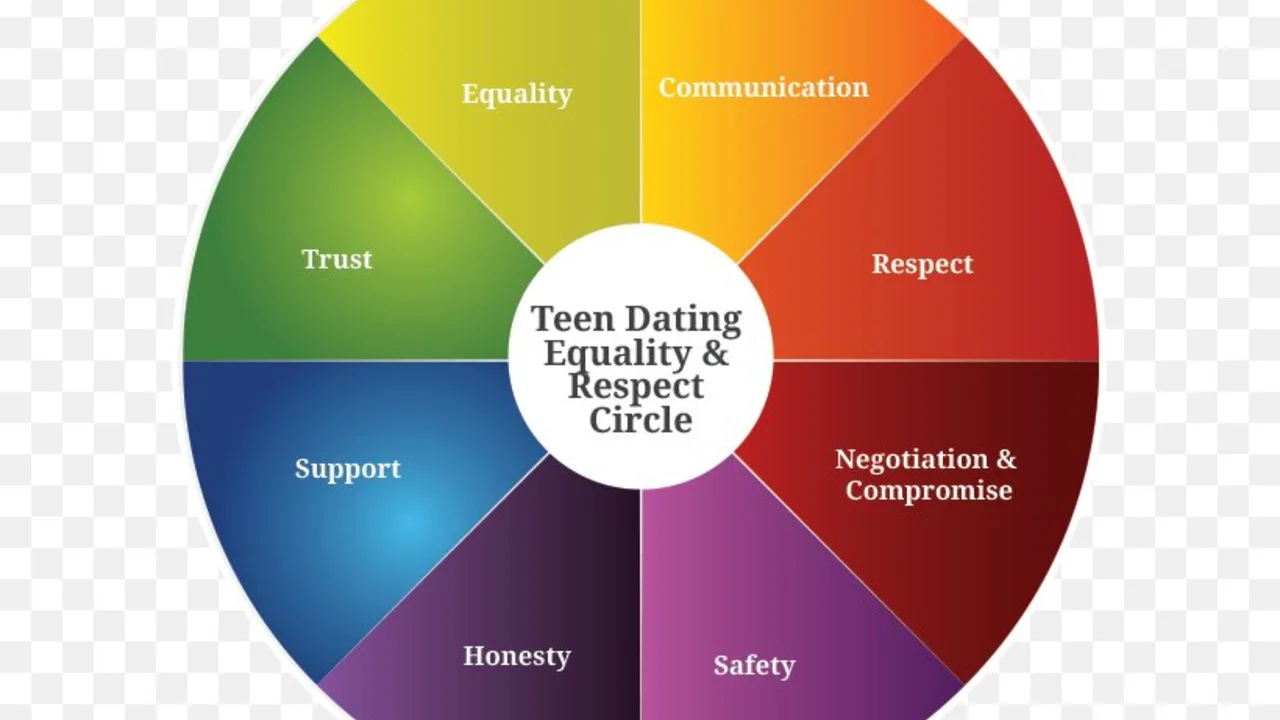Ever wonder why a new pill makes you feel a little off, or why a certain food seems to flare up a rash? The answer often lies in the relationships between what you take, what you have, and what you do every day. Understanding these connections can save you headaches, extra doctor visits, and money.
First, think of every medication as a piece in a puzzle. When you add a new piece, it can push other pieces around. For example, a blood‑pressure drug called amlodipine (Norvasc) can sometimes make calcium supplements harder to absorb. If you’re already taking calcium for bone health, you might need to space the doses an hour apart.
Some conditions change how your body handles medicines. Diabetes can slow the way your liver breaks down certain painkillers, so the dose might need adjusting. On the flip side, a drug like metformin can actually improve blood‑sugar control in people without diabetes, but only if a doctor approves it.
Another classic example is vitamin D. Low vitamin D levels can worsen osteoporosis, while taking the right amount can boost bone strength. If you’re on a thyroid medication, too much vitamin D might affect the hormone balance, so a simple blood test can keep things in check.
What you eat, drink, and how you sleep all play a role. A salty snack before bedtime can raise blood pressure, making a night‑time dose of a heart‑medicine less effective. Caffeine can speed up the clearance of certain antibiotics, meaning you might need a higher dose or a different timing.
Alcohol is another big player. Mixing alcohol with a blood‑thinner like warfarin can increase bleeding risk. Even a glass of wine might be too much if you’re on a new antidepressant that already makes you feel drowsy.
Sleep matters, too. Poor sleep can worsen heart‑rhythm disorders, which may already be managed with beta‑blockers like Toprol. Getting consistent rest can reduce the need for higher medication doses.
Finally, keep an eye on over‑the‑counter (OTC) products. A simple cold medicine often contains decongestants that raise blood pressure, a problem if you’re already on an ARB like azilsartan for hypertensive eye issues.
The best way to handle all these relationships is a quick check‑in with your pharmacist or doctor whenever you start a new drug, supplement, or major lifestyle change. A short conversation can uncover hidden links before they become a problem.
Bottom line: Your health is a web of relationships. Treat each new addition as a piece of that web, and keep the lines clear. When you understand how meds, conditions, and daily habits fit together, you’ll feel steadier, save money, and stay out of the emergency room.

Hi there, as a devoted relationship enthusiast, I've tackled a topic very close to heart - the impact of weakness on relationships. In this post, I'll be digging into how personal weaknesses can disrupt not only our individual lives but the harmony in our relationships too. I also delve into how these vulnerabilities can become a source of strength and growth if handled correctly. It's definitely a personal journey, but one that I believe will resonate with all of you seeking growth in your relationships.
